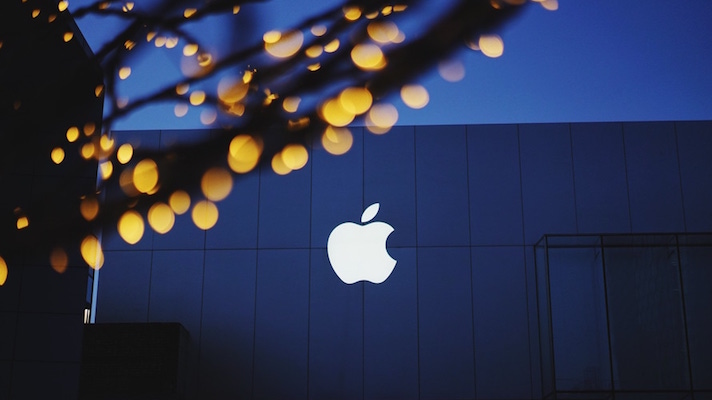
Wearables do well for Apple. Apple posted strong numbers in its most recent quarterly financial report. Of the $53.3 billion it generated in quarterly revenue (a 17 percent increase over last year), more than half came from international sales. Of note, the company’s wearable revenue — which includes the Apple Watch as well as AirPods and Beats headphones — has brought in more than $10 billion in the last four quarters.
“We’re thrilled to report Apple’s best June quarter ever, and our fourth consecutive quarter of double-digit revenue growth,” Apple CEO Tim Cook said in a statement. “Our Q3 results were driven by continued strong sales of iPhone, services, and wearables, and we are very excited about the products and services in our pipeline.”
Brain training? Not so much. A recent study conducted by Western University researchers and published in the journal Neuropsychologia suggests that advances made in “brain training” games or apps do not translate to improved performance in separate, but related, cognitive tasks. The results of the 72-participant study, they wrote, cast doubt over the purported benefits of cognitive training exercises delivered by brain health apps.
"We hypothesized that if you get really, really good at one test by training for a very long time, maybe then you'll get improvement on tests that are quite similar. Unfortunately, we found no evidence to support that claim," Bobby Stojanoski, a research scientist in the Owen Lab at Western University's Brain and Mind Institute and lead author of the paper, said in a statement. "Despite hours of brain training on that one game, participants were no better at the second game than people who tested on the second game, but hadn't trained on the first one."
Clinical decision co. gets $15M. HealthMyne, a clinical decision support workflow module maker, has raised $15 million in a Series B round led by Ascension Ventures. Venture Investors, 4490 Ventures, and WARF also participated. According to the company, this new funding will be used to expand global commercialization efforts for its product, which is built for customers in the radiology and oncology care continuum.
“There is exceptional interest in the market for an integrated platform that can solve multiple high-impact problems in the diagnosis and treatment of patients across the healthcare enterprise,” Arvind Subramanian, president and CEO of HealthMyne, said in a statement. “We are currently making that breakthrough in oncology, but our roadmap includes expansion into other major clinical specialties over time. Ascension Ventures’ investment is great validation that community health systems are looking for ways to get more clinical yield out of their imaging and CDS investments and partnerships.”
V-Go comes to New Zealand. Medical tech company Valeritas Holdings announced today that its V-Go Wearable Insulin Delivery device is now available in New Zealand. The company said the all-in-one device is being distributed exclusively through NZMS Diabetes following a deal.
“Clinical studies have demonstrated that patients using our all-in-one insulin delivery device can enjoy better control over blood sugar levels while using less insulin,” Valeritas CEO John Timberlake said in a statement. “This represents the first country outside of the United States in which our flagship product V-Go has been launched, and we look forward to the introduction of V-Go in additional countries as we expand our distribution network.”
New way to get kids moving. Today marked the Android version release of Goya-Move, an app that allows parents to set movement or activity goals for children before they are allowed to use other apps on their device. Initially released for iOS a few weeks ago, the app lets parents manage overuse across multiple devices with an emphasis on wellness.
“Prior to Goya-Move, ‘technology time-outs’ really were like punishments, because they were usually accomplished by taking a kid's phone away from them,” Keri Mackey, cofounder and marketing director of Goya-Move’s parent company P-Ink Ventures, said in a statement. “But with Goya-Move, you have the ability to make these technology breaks more of a conversation and agreement between you and your children. This enables you to set very realistic, achievable expectations for them — something they can easily accomplish by getting outside a few times a day.
SugarBEAT clinical study begins. Nemaura Medical, a health tech company working on the sugarBEAT non-invasive glucose trending device, announced that it has begun the first of several clinical studies necessary to support a submission to the FDA. This first study is expected to enroll 75 patients, who will wear the company’s device over a 7-day period, and conclude in Q1 2019.
In addition, the company released interim data from an ongoing 25-patient trial that looks to compare readings from sugarBEAT and the Abbott Freestyle Optimum neo blood glucose meter. Here, 84.3 percent of the 121 matched pair data points taken by the participants had an overall mean absolute relative deviation (MARD) of 10.63 percent, and an overall nominal MARD of 16.3 percent.
















